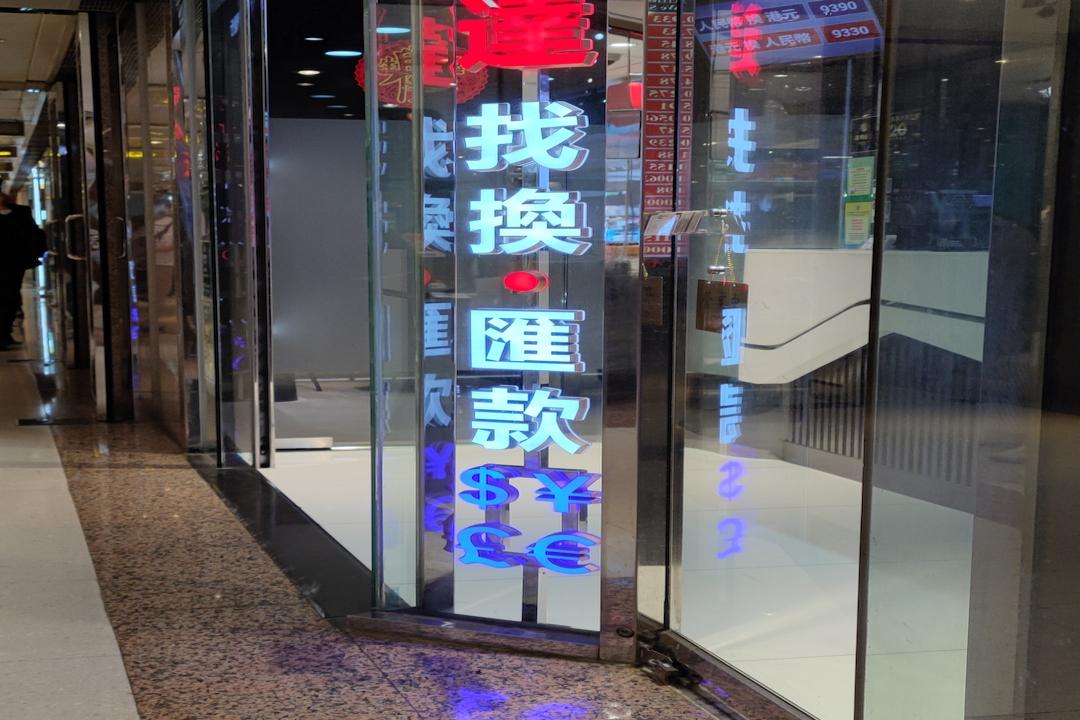Artificial intelligence (AI) and decentralized finance (DeFi) have been hailed as groundbreaking technologies that have the potential to revolutionize various industries. By combining AI with DeFi, experts believe that new opportunities could emerge and benefit both sectors.
DeFi is a financial service built on blockchain technology that enables peer-to-peer transactions using smart contracts, eliminating the need for intermediaries like banks and giving individuals direct control over their financial assets.
On the other hand, AI is a technology that can mimic human intelligence and perform tasks such as decision-making, problem-solving, and data analysis at high speeds.
According to V, the chief scientist at BNB Chain, AI’s ability to efficiently analyze vast amounts of data, identify patterns, and make intelligent predictions could empower DeFi to optimize operations, enhance security measures, and provide personalized services to users. AI could also improve features like auditing smart contracts and determining credit scores for lending.
V believes that decentralizing computational resources could create a more fair and equitable AI ecosystem by providing a powerful, cost-efficient, and energy-saving infrastructure.
Combining AI with decentralized apps could enhance both DeFi and AI industries, leading to increased use cases for crypto and blockchain technologies.
V also suggests that crypto and DeFi could introduce more incentive approaches to decentralize the entire AI infrastructure, particularly in data and AI algorithm markets.
However, V acknowledges that integrating AI into DeFi platforms comes with potential security challenges. AI-powered trading bots and predictive analytics can help DeFi traders implement trading strategies and identify market trends. However, AI algorithms are vulnerable to data manipulation, which can result in losses if flawed data models are relied upon.
SEC Chair Gary Gensler has expressed a similar concern about using AI in traditional financial markets, as relying on the same data models could lead to a herd mentality and destabilize financial markets.
Sara Gherghelas, a blockchain analyst at DappRadar, believes that combining Web3 technology with AI could have immense potential and lead to advancements in both DeFi and AI fields. Gherghelas suggests that AI can enhance risk assessment, fraud detection, and predictive analytics in DeFi.
AI is already being utilized in the DeFi space for fraud detection, identity verification, and combating money laundering. Binance, a crypto exchange, has started leveraging AI to combat fraud.
Gherghelas thinks that integrating AI into DeFi would require a new regulatory landscape to address its implications, which could pose a challenge for regulators already struggling to keep up with the rapid growth of the AI industry.
Despite concerns about AI, Gherghelas believes that AI’s deployment should be ethical, equitable, and aligned with societal values.
The World Economic Forum and the U.N. have highlighted the adverse outcomes of AI technologies, including the spread of false information and deepfakes. Deepfakes, in particular, are a cause for concern as they can create computer-generated images and voices that are indistinguishable from the real thing.
Josh Tyson, director of creative content at OneReach.ai, believes that decentralization and AI are closely linked, and their relationship is still in the early stages. He sees generative AI as a potential asset to the DeFi and Web3 space for its ability to curate information effectively.
Tyson suggests that software like OpenAI’s Chatbots could provide valuable context about the foundations and evolution of Web3 and DeFi, benefiting users on both sides of the customer equation.
Overall, the combination of AI and DeFi holds significant potential, but careful consideration of security and ethical implications is necessary for responsible integration and deployment.

